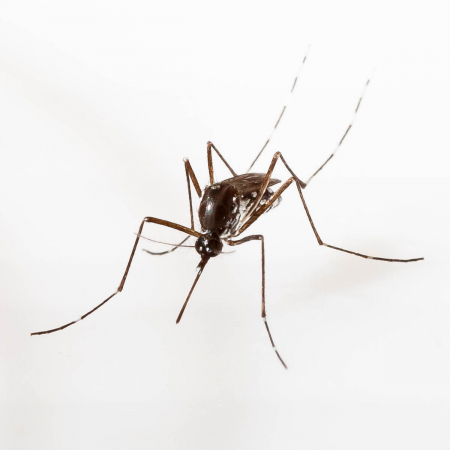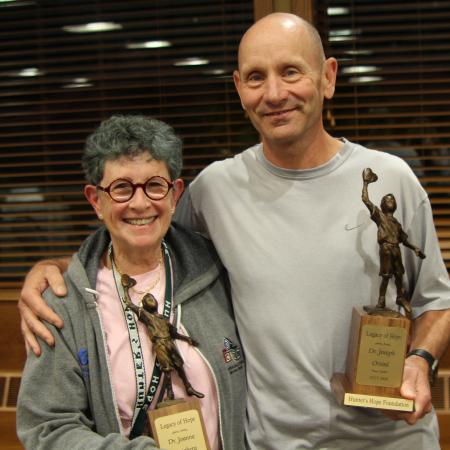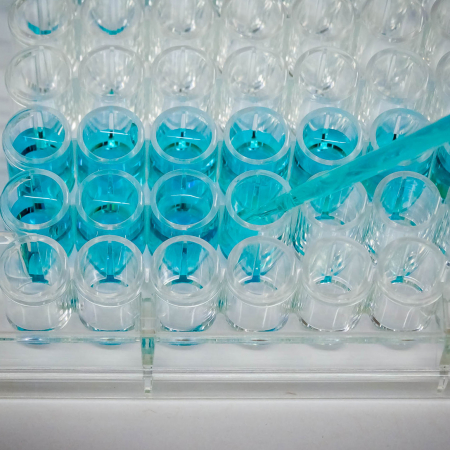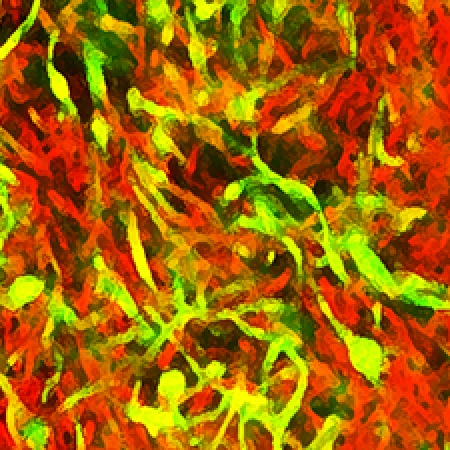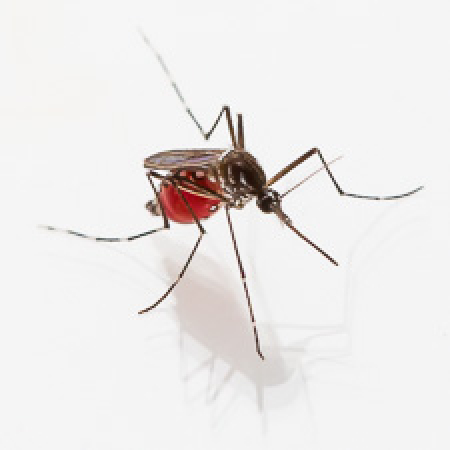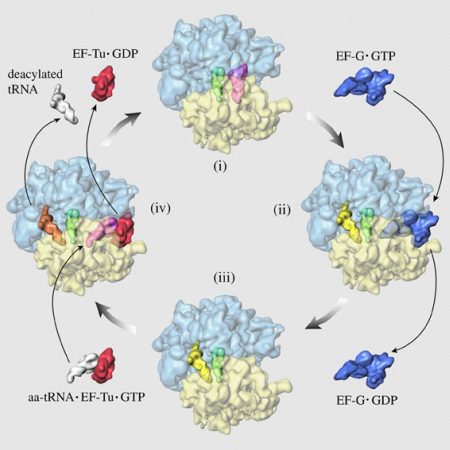Longer seasons and higher virus levels in 2018 for some pathogens carried by mosquitoes
Each year, Wadsworth Center’s Arbovirology Laboratory undertakes the seasonal surveillance of mosquitoes for arboviral pathogens. Surveillance is important for control of vector-borne viruses. First, it tells us which mosquito species are present and where. Different species are capable of transmitting different pathogens, so this is crucial information. Second, it allows us to know exactly which pathogens are being carried by the mosquitoes present. Together, this informs the public, informs mosquito control efforts, and alerts physicians.
READ MORE
about
Longer seasons and higher virus levels in 2018 for some pathogens carried by mosquitoes
